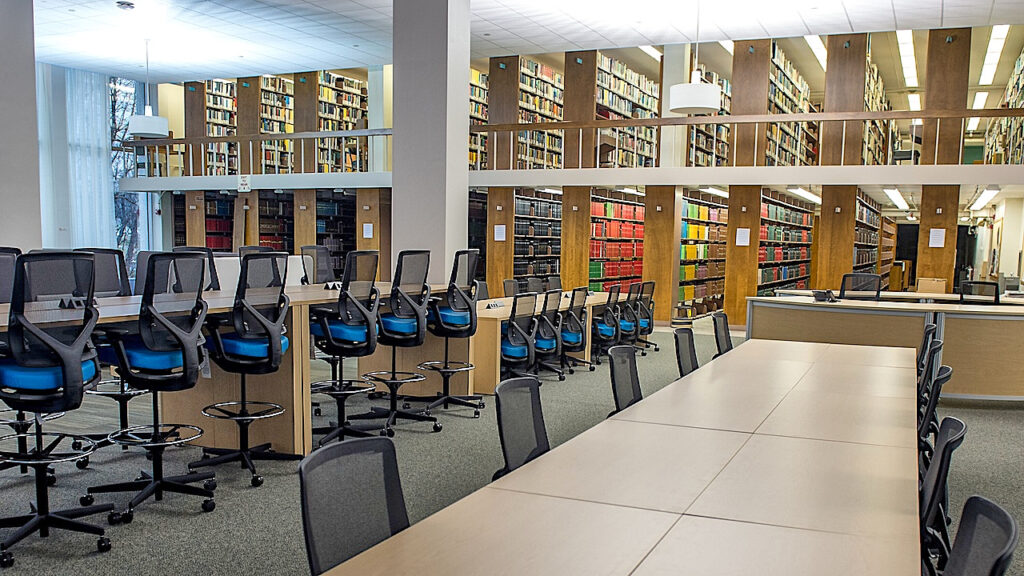Currently, most taxes from telecommunications and energy/fuel in Prince George’s County are earmarked for education. However, that long-secured source of revenue could soon be removed if two draft bills (House Bills 396 and 398) are passed. A fiscal note for HB 398, regarding the revenue proceeds generated by the telecommunications tax, states that local appropriation for the school system “may decrease by $13.1 million in FY 2025 and by $16.0 million in FY 2029.” The fiscal note on HB 396, which would remove educational earmarks from the sales and use tax on energy and fuel, notes “Prince George’s County expenditures (local appropriation) for the county’s school system may decrease by $53.2 million in FY 2025 and by $64.7 million in FY 2029.” Greenbelt City Council is writing a letter expressing its opposition.
As reported in last week’s issue and further this week (see p. 7), the Blueprint for Maryland’s Future is an ambitious and
expensive plan to improve public education in Maryland. Among other things, it requires increases in funding for education in county budgets. County Executive Angela Alsobrooks wants to cut the county’s current earmarks to help pay for that. Supporters of removing the earmarks argue that what the county currently spends on education should be able to count toward the required spending for the Blueprint. Alsobrooks, who is currently running for U.S. Senate, says she wants greater flexibility in how to use funds as the county prepares to face a projected $171 million deficit.
Meanwhile, the Prince George’s County Board of Education, rarely united on anything, unanimously opposes the removal of the earmarks for education. Superintendent Millard House II told lawmakers the consequences of redirecting the taxes would be “catastrophic” and that removal of the funding the school district has been able to count on could mean deep cuts to programs and the loss of “hundreds of jobs.” In a letter to delegates, House warned that the loss of those funding sources could mean cuts to disability and mental health services. At a committee meeting, Delegate Ben Barnes countered, “These are the things the Blueprint mandates. They cannot cut Special Ed.”
Cutting current educational funding to pay for the required increases in spending on education goes against the spirit of the Blueprint argue those opposed to the bills; but Alsobrooks and supporters say the county is already doing more than necessary to fund education and should get credit for that.
“It makes no sense to take funds that are restricted for education and to unrestrict them,” argued Councilmember Jenni Pompi, when the two bills were brought up at the recent city council meeting, with the recommendation that council support them. Even though the stated intention is to use the funds for the Blueprint, once unrestricted, “They can do whatever they want with that money,” cautioned Pompi. “Frankly, once the Blueprint is fully implemented in 2031, we’re going to be like, ‘Hey, what happened to all that money that we used to have restricted for education?’ It’s going to be gone,” she warned. The Blueprint says we shouldn’t be using that money, argues Pompi, who says its goal is not to “pilfer money from our operational budget” but to increase funding.
The bills landed in the councilmembers’ packets last week with a recommendation to support them. Following Pompi’s statements in opposition to the bills, Mayor Emmett Jordan recommended taking no action. Councilmember Rodney Roberts asked whose recommendation it was that council support it, and at that point, Assistant City Manager Timothy George apologized and said the staff recommendation was to either take no action or to oppose it. Robert Snyder, of Greenbelt’s Advisory Committee on Education (ACE), said the committee had not taken up this legislation but agreed it would be better to “not support a flawed bill.” Ultimately, city councilmembers unanimously opposed the two bills and will be writing a letter to Prince George’s County Council to that effect (for more on the city council meeting, see page 1).
Whatever the outcomes of these bills, with costs for the Blueprint set to rise annually, the earmarked money is not a long-term solution to funding it (see Blueprint or Budget-breaker? in the March 14 issue and page 7 of this issue).
It was noted at the council meeting that Prince George’s County Municipal Association is taking no stand on these bills, which are sponsored by the Prince George’s County Delegation and strongly advocated for by the county executive but equally strongly opposed by Prince George’s County Board of Education. The county teachers’ union (Prince George’s County Educators’ Association) opposes the bills. Both draft bills passed the House this month and are currently before the Senate for first reading. If passed they would take effect July 1.




